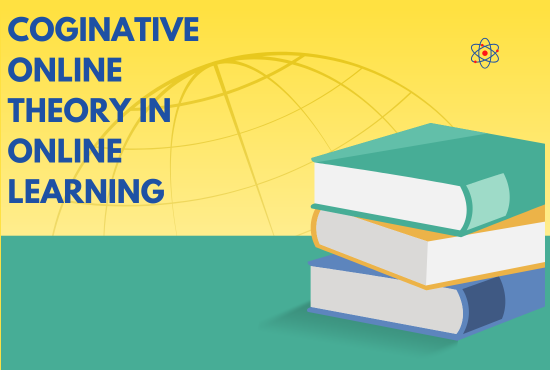Role Of Teacher In Education:
Updated: 04 Jul 2025
Instruction is the foundation of an effective society, and at the core of this cycle lies the instructor. Educators assume a fundamental part in molding the eventual fate of people and networks the same. Their impact reaches out a long ways past the homeroom, influencing the erudite person, profound, and social improvement of their understudies. In this article, we investigate the fundamental job educators play in schooling, featuring the different ways they add to the development and progress of theirunderstudies.
Role of Teacher
1. Facilitators of Learning
At its center, the instructor’s job is to work with learning. Instructors establish conditions where understudies can investigate, question, and gain information. Through viable showing techniques, they assist understudies with figuring out complex ideas, foster decisive reasoning abilities, and become long lasting students.
An instructor’s capacity to separate complex points into edible parts makes learning open and pleasant. Educators additionally adjust their training strategies to meet the different necessities of understudies, guaranteeing that all students, no matter what their experience or capacities, have an equivalent chance to succeed.

2. Guides and Mentors
Instructors are not simply teachers; they are tutors and guides in their understudies’ lives. By offering direction and everyday reassurance, instructors assist understudies with exploring scholarly difficulties as well as private obstructions. Instructors give consolation, construct fearlessness, and encourage a positive outlook, engaging understudies to beat challenges and seek after their objectives.
Through their job as tutors, instructors can lastingly affect their understudies’ lives, now and again impacting their decisions well into adulthood.

3. Role Models for Individual Development
Instructors are frequently viewed as good examples for their understudies. Their way of behaving, values, and perspectives can rouse understudies to embrace positive characteristics, like liability, discipline, and regard for other people.
An educator’s enthusiasm for learning, obligation to greatness, and capacity to work cooperatively with others are characteristics that understudies might copy all through their lives. Educators show scholarly information as well as fundamental abilities, empowering understudies to become capable, moral, and humane people.

4. Promoting Social and Close to home Growth
Past scholastics, educators are instrumental in encouraging social and profound development. They establish a protected and comprehensive homeroom climate where understudies feel esteemed and regarded. Educators assist understudies with areas of strength for creating abilities, compassion, and the capacity to work in groups.
These social and close to home skills are essential for understudies to flourish in both their own lives and their future professions. Educators’ endeavors to establish a sincerely strong climate guarantee that understudies succeed scholastically as well as develop too adjusted people.

5. Adapting to Changing Instructive Needs
The job of the educator is continually developing because of cultural changes, mechanical headways, and new instructive approaches. Educators should stay versatile, embracing new instruments and advancements to upgrade their instructing.
Whether coordinating computerized assets, utilizing information to follow understudy progress, or keeping awake to-date with the most recent instructive exploration, instructors are deep rooted students themselves.
By adjusting to these changes, instructors guarantee that their understudies are good to go for a quickly impacting world.

6. Encouraging Inventiveness and Innovation
Educators likewise assume a key part in cultivating imagination and development. By empowering understudies to consider some fresh possibilities, seek clarification on pressing issues, and investigate their thoughts, educators assist with igniting inventiveness.
Whether in human expression, sciences, or different disciplines, educators move understudies to move toward issues with an imaginative outlook and to develop in different fields. This capacity to think imaginatively is fundamental for critical thinking and outcome in an undeniably perplexing and interconnected world

7. Building a Solid Starting point for the Future
The underpinning of any effective society lies in the schooling of its childhood. Educators are instrumental in molding the future by outfitting understudies with the information, abilities, and values fundamental for progress in the globalized world.
They show realities as well as the significance of trustworthiness, difficult work, and constancy. The effect of an educator should be visible in the manner understudies add to their networks, their callings, and society overall.

Conclusion
In rundown, the job of the educator in training is multi-layered and enormously effective. Educators are not only transports of information; they are guides, coaches, good examples, and impetuses for social and profound development.
Through their commitment, energy, and versatility, they shape the fate of understudies, assisting them with becoming learned, caring, and competent people. The impact of an extraordinary educator stretches out a long ways past the study hall, leaving an enduring inheritance that shapes people as well as whole networks and social orders.
Educators genuinely are the designers representing things to come, fabricating the establishment for a superior, more illuminated world.






